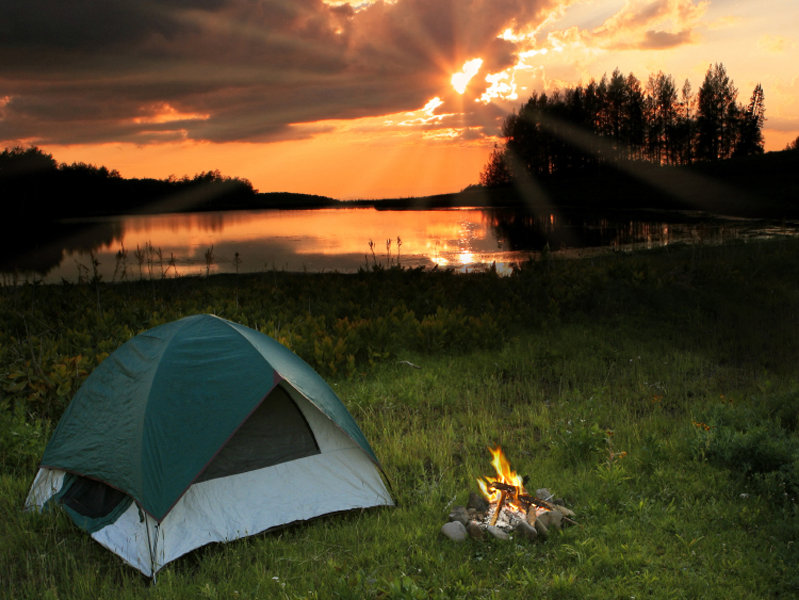This past December, as the new year approached, I was discussing my actions and behavior over the past year when it comes to Masonry with a friend and Brother. That discussion around our ashlars and the work of perfecting them led me to write what follows as a thought exercise and introspection on one of the key principles of our Craft.
As Masons, we are taught that we begin our Masonic journey as a rough ashlar. A stone from the quarry that is jagged, rough, unprepared, or undressed. This stone has tremendous potential, but in its current state, it is not quite ready to be utilized to build something magnificent. This is an allegory to an uninitiated man before he discovers any Light in Masonry. We are taught that by using the working tools, by chipping off the corners and rough edges we can transform ourselves, fitting our minds as living stones for that house not made with hands. Through Masonic education, service to the Craft, and Brotherly love we must strive to achieve an upstanding life and obtain enlightenment, becoming that perfect ashlar.
Being a relatively newer Mason, only being Raised a few years ago, I have already come to a realization… there are no perfect ashlars.
Our Lodge is almost 170 years old. The roster has stayed at about forty to fifty Brothers since I joined, on a great Stated Meeting night we might have twelve Brothers attend, we usually have six or seven. Realistically, as a percentage of active members that isn’t too bad. Over the past few years, we’ve had some internal disagreements, old guard vs new guard, building changes, and so on. The disagreements, from an outsider’s point of view, seemed to me to be more of the status quo contending with implementing change. I’m sure it surprises no one reading this that sometimes there are differences in opinion within the Lodge that cause strife. But what did surprise me was how each individual Brother within the Lodge handled themselves throughout this time.
Now that the proverbial dust has settled and we are in our new building and resuming the true work of Masonry, I have been reflecting on the past few years and their impact, not just on the Lodge, but on myself as a man and Mason. Our Lodge has members that range in age from their early thirties through their late nineties, consisting of Past District Deputies, Right Worshipfuls, Very Worshipfuls, Worshipfuls, DSA Recipients, and those of us newly Raised. In my observation none of us, myself included, acted in a way that was “perfect” over the past few years. Whether it be letting our egos control our behavior or reactions, speaking negatively about a fellow Brother, or some other negative response or action, not a single Brother truly subdued their passions entirely. Now, some certainly did a better job of utilizing their common gavels to divest their minds and consciences of all the vices and superfluities of life better than others did, but in the end, we are all just men… imperfect, at times rough around the edges, with room for personal improvement.
There are a few Brothers specifically I look to as models of what a good Mason should be, mentors I look to for guidance, and Light. Yet, even they are not without the occasional rough edge, whether it be a disparaging comment, an acceptance of another Brother’s poor behavior when something should be said, or generally neglecting to whisper wise counsel when doing so could help another Brother grow as a man and Mason.
I am very cognizant of the fact that my ashlar in its current state has quite a bit of work to be done on it, that is why I am here, why I wanted to be a Mason. My ashlar will never be perfect, and that is alright, no Mason’s ever is. This temple we are building within ourselves will never be completed. The goal is to strive for continuous improvement. Continue to break off those rough edges, seek out more Light, show more Brotherly love, and help others learn and grow. The perfect ashlar is the target, not a goal. It can never be achieved, at least not on earth.
We have a lot of work to do in our Lodge to repair relationships, drive membership and make our new building our long-time home, and I look forward to the weeks, months, and years ahead with great optimism. Working with my Brothers, on the building, the Lodge, and our own individual ashlars is sure to be a challenge and a reward, we know these words to be true, “Behold, how good and how pleasant it is for brethren to dwell together in unity!” Psalm 133:1.
Perhaps, at the end of our journey, when we finally lay down our working tools and the record of our life is read, those who continued to work in their quarry and refine their ashlar will be honored by the Great Architect of the Universe with those words “Well done, good and faithful servant, enter thou into the joy of thy Lord.”

Erik M. Geehern is currently Junior Warden of Goshen Masonic Lodge #365 in Goshen, NY under the Grand Lodge of New York. He was raised to the sublime degree of Master Mason in October of 2019 and since then has served as Assistant Secretary, Mentor, and Charitable Committee member and chairman. He writes and curates a newsletter for his Lodge quarterly which disseminates education, history, and esoterics. He is also a member of the Grand College of Rites and the Kansas Lodge of Research. He works in restaurant operations & consulting, and when not engaged in his usual vocation, or laboring in the Craft, he loves spending time with his wife and two children.







